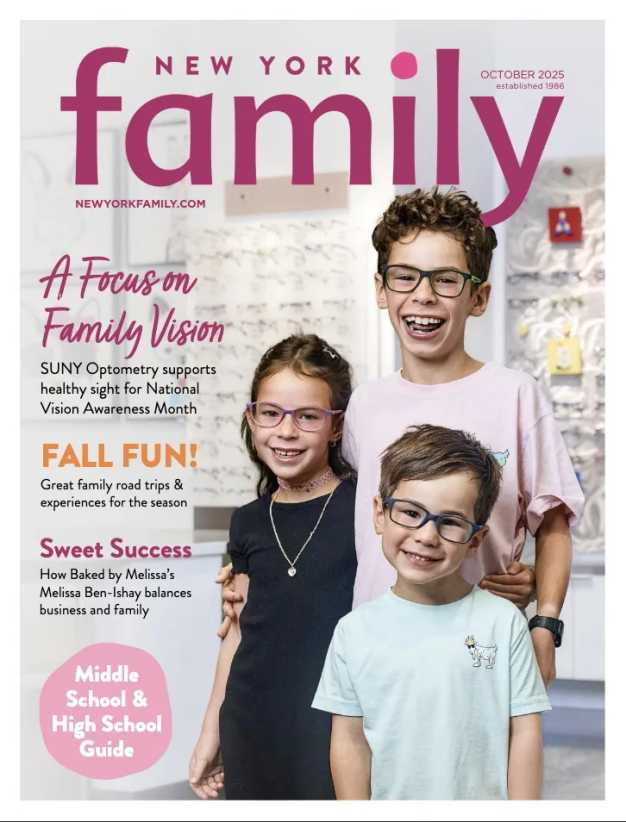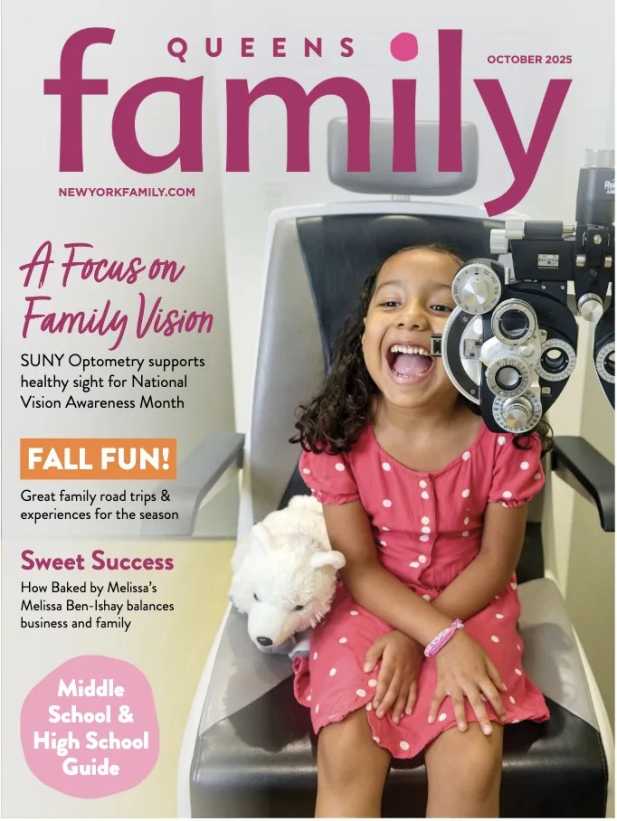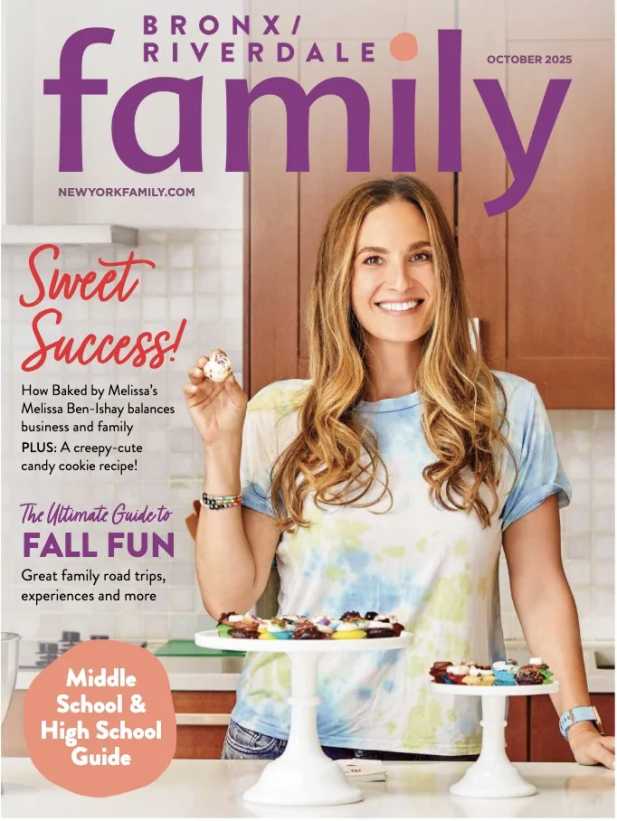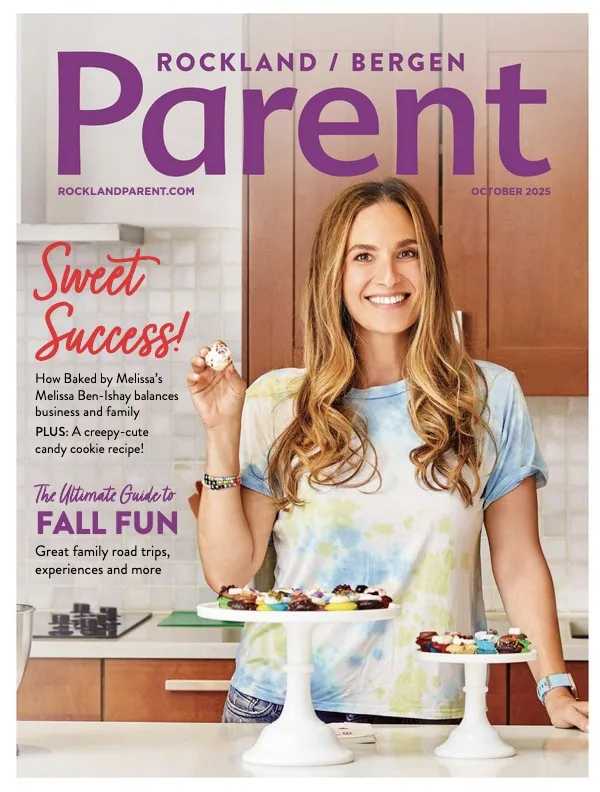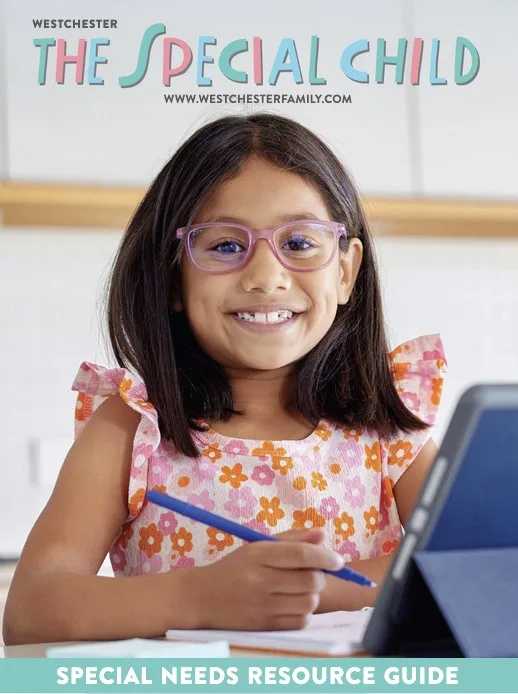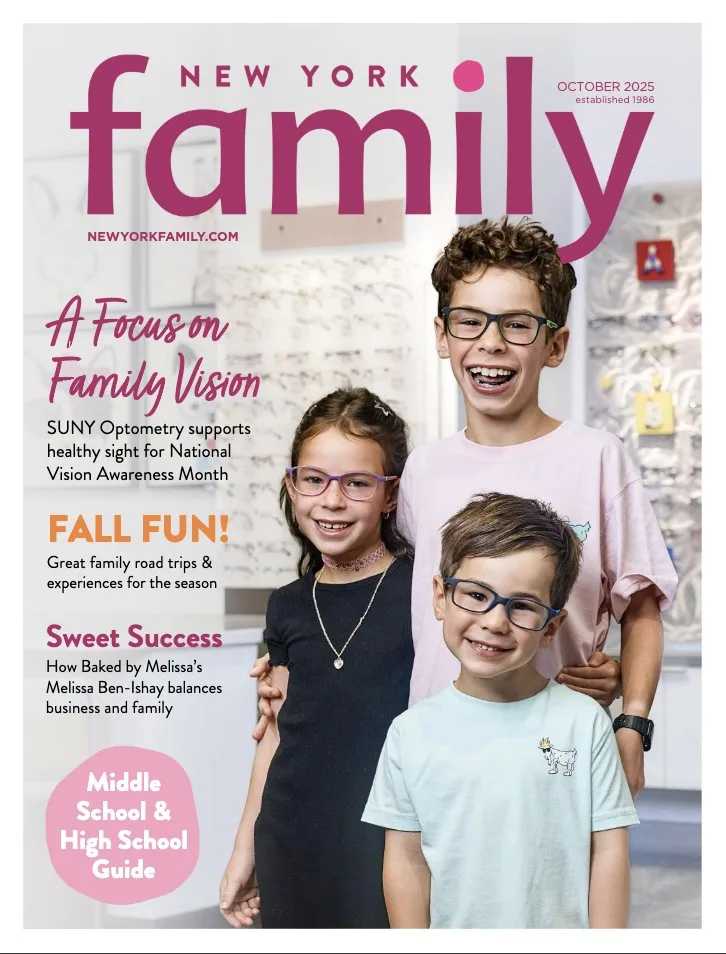 From pregnancy on, parents have to make choices regarding their kids. Can the mother eat soft cheese while she is pregnant? Is alcohol an absolute no-no, or is a weekly glass of wine just fine? Once the baby is born, the questions parents have only increase in volume. Breastfeeding versus formula? What is really going on with vaccines? And the only way the newborn will fall asleep is next to mom and dad—is that safe?
From pregnancy on, parents have to make choices regarding their kids. Can the mother eat soft cheese while she is pregnant? Is alcohol an absolute no-no, or is a weekly glass of wine just fine? Once the baby is born, the questions parents have only increase in volume. Breastfeeding versus formula? What is really going on with vaccines? And the only way the newborn will fall asleep is next to mom and dad—is that safe?
Writers and moms Tara Haelle and Emily Willingham set out to answer just such questions, and many more. Haelle is a science journalist and Willingham is a public affairs writer who has written quite a bit about the controversial claims that link vaccines and autism. The pair decided to collaborate on a new book—The Informed Parent: A Science-Based Resource for Your Child’s First Four Years, which hit shelves earlier this month— to provide parents with answers to many of the quandaries that come up, especially in the early years of a child’s life.
Parenting books can sometimes be a mess of conflicting stories and anecdotes spoken as the law, with no wiggle room. Haelle and Willingham wanted to set aside the judgment and doctrine, and provide parents with the science behind the debates, but leave the final decision up to them.
“I had just had my first child and had become frustrated with how difficult it was to find big-picture summaries of what the current evidence showed regarding different parenting topics,” Haelle recalls. Willingham also felt a fatigue with competing parenting philosophies when there was scientific backup for a range of answers.
The book is structured in a series of common debates and topics that pregnant women and new parents face. They first chose the subjects that they were particularly well-equipped to explain based on their background, then swapped to double-check information. They also consulted experts in the various subjects to make sure all their science was correct. At the end of each section, they included a short description of what each of them did in that situation with their own respective families.
One of the largest debates, and most emotionally-charged, is over the claim that there is a connection between vaccines and autism. Celebrities and scientists alike have spoken out about the debate. Haelle and Willingham explore the debate in the book extensively. The consensus is clear: The science points decidedly away from any kind of link between vaccinations and autism diagnoses. The benefits of vaccinating your children vastly outweigh the risks, as long as you follow the CDC-created vaccination plan.
Both Haelle and Willingham emphasized a sympathetic view towards parents who worry about vaccines, as there is a visceral reaction about sticking your healthy, tiny, newborn with a big needle for no physically apparent reason. “Vaccines are medical interventions given to healthy children to ensure they don’t become sick,” Haelle says. “That’s a very different approach than waiting until a child is sick and treating them with medicine.”
[gravityform id=”15″ title=”false” description=”false” ajax=”true”]
Another hot-button topic for new parents is sleep and sleep training. Willingham believes that one of the more under-reported parts of sleep training is the effect it has on the father of the child. According to the book, studies indicate that fathers report more sleepless nights and fatigue than the mother, despite not being as physically needed as the mother (in the case of breastfeeding parents) “Given how [the role of the father] is growing and their importance is becoming more socially recognized, it’s certainly a big deal that the research has tended to exclude [fathers],” she notes.
Because of the polarizing effects of certain health questions, Haelle sees certain sections in the book as especially important for parents so that they are able to consider the facts about the different perspectives. “With breastfeeding and formula feeding, this issue has often become wrapped up in a woman’s self-worth because of judgmental discussions that occur, and that’s not healthy for anyone,” she notes, as an example of an issue with strong opinions on both sides.
In short, the conclusion is that parents need to make important health and lifestyle decisions based on their individual circumstances (and their child’s health circumstances), beliefs, and comfort levels. Even the most thorough science rarely provides a one-size-fits-all solution. One infant may only drink bottled formula and need a parent in the room while they sleep. Their brother or sister might be happy with breast milk and will easily fall asleep with white noise and a dark room.
“Different families can take the same set of evidence and reach different conclusions about what their family should do,” Willingham says. “The goal is a loved, healthy, well-fed, safe child, and there are many parenting choices that all lead to that goal.”
For more information about the book or the authors, visit theinformedparentbook.com!
